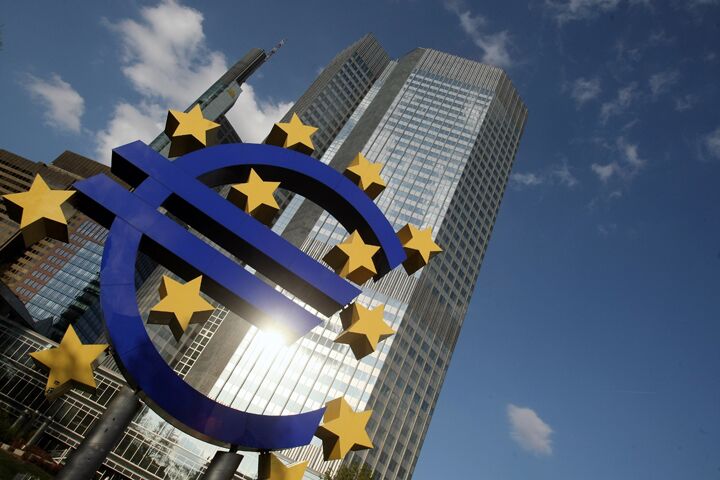
Is a New Eurotax Coming?
The European Union is considering creating a new EU-wide tax, imposed on member states by Brussels. On August 9, EU Budget Commissioner Janusz Lewandowski told the Financial TimesDeutschland that he would unveil plans for the tax in September.
“[T]he present structure of the revenue of the EU does not reflect the spirit of [EU] treaties,” said Lewandowski, adding that the current situation, where the EU is given most of its budget from member nations, “was not the intention of the founding fathers” of Europe.
“If the EU had more of its own revenues, then transfers from national budgets could be reduced. I hear from several capitals, including important ones like Berlin, that they would like to reduce their contribution,” he said.
“There are various options that would not affect the finance ministries and have a link to European policy like a financial transaction tax, co²-emission auctions and an aviation scheme,” he continued.
Lewandowski is planning on traveling around Europe to meet with key European leaders about the proposals, a spokesman said. He added that the budget commissioner would be “surprised” if anyone objected to the proposals.
However, the idea has already been smacked down by most of the important countries in Europe. The Germany Finance Ministry said: “The demand to introduce an EU tax contravenes the position underlined by the government in its coalition agreement,” adding that “nothing has changed” since this agreement was made.
French junior minister for Europe, Pierre Lellouche, said, “We judge this idea of a European tax perfectly ill-timed.”
“Any extra tax is currently unwelcome. It is much more the time for the member states and also European institutions to make savings.”
Britain, too, is strongly against any proposals for a Eurotax. “The government is opposed to direct taxes financing the EU budget,” said British Commercial Secretary Lord Sassoon. “The UK believes that taxation is a matter for member states to determine at a national level and would have a veto over any plans for such taxes.”
However, according to Mary Ellen Synon of the Mail Online, these nations already gave Brussels the power to impose new taxes when they signed the Lisbon Treaty. Article 311 of the treaty states, “The Union shall provide itself with the means necessary to attain its objectives and carry through its policies.” This, according to Synon, means that it is allowed to raise its own taxes.
“The British will have to pay the tax these people demand, but can never vote them out,” she writes. “The Commission wants to start with a tax on all bank transactions, or perhaps air travel. It doesn’t really matter which. Their point now is to establish the power of Brussels to tax the populations of the countries of the EU without any control by national parliaments. Once that power is in place, the taxes can be ratcheted up.”
“There you have it, people forced to pay taxes by people they did not vote into office, and whom they cannot vote out of office, and over whom they have no control,” she continues. “George Washington, Thomas Jefferson, Paul Revere, a lot a determined men on board a tea ship in Boston Harbor, a lot of other brave men at a green in Lexington, and plenty other men with much to lose, all decided long ago they would not tolerate such a thing. They could not tolerate taxation without representation.”
On Jan. 1, 2010, as the Lisbon Treaty came into force, Trumpet editor in chief Gerald Flurry announced “The Holy Roman Empire Is Back!”
Europe is on its way to becoming a single unified superstate. The proposed European-wide taxes are just a step in this direction.
These taxes may not come into force this time around. But as Europe bides its time, perhaps engineering a crisis or two to get its way, it will grow in the powers it takes from its member states. Direct taxation will be just one of these powers.
